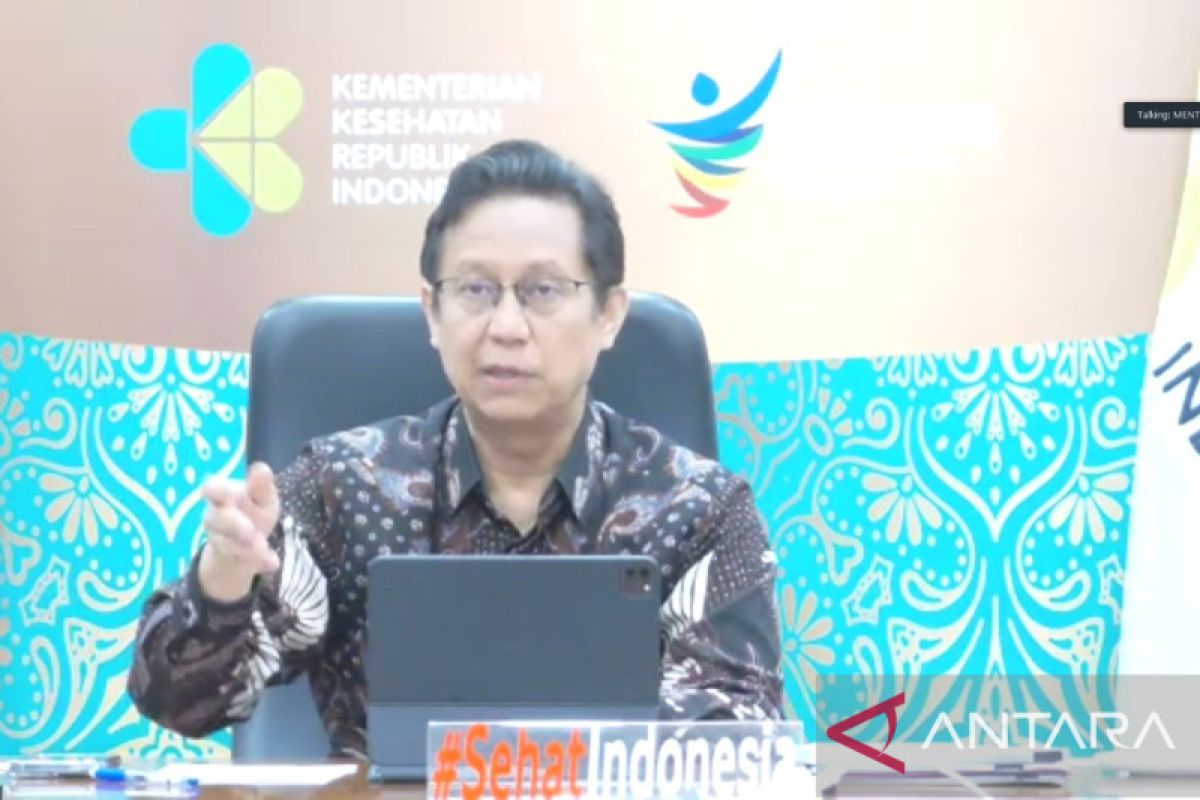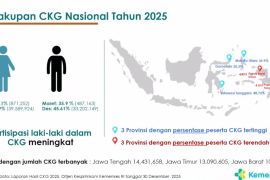At the Children's and Mother Hospital Harapan Kita Jakarta, Sadikin said that heart disease had claimed the lives of several people in Indonesia. Some 200 people are estimated to die annually due to heart disease, and most of the treatments were through Social Security (BPJS).
“The cost is more than Rp9 trillion. Hence, we need this intervention, as previously, it was only in 55 districts and cities," he remarked. To this end, his side plans to prepare a catheterization laboratory in 514 cities and districts, with priority on heart ring installation setup.
“Imagine (a scenario) like Cianjur (some time ago). If there is (someone suffering from) a heart attack, he must be taken to Bogor or Bandung, it is difficult. Along the way, I just realized that it turned out that the cath lab is not only for heart attacks," he remarked.
Minister Sadikin inaugurated the catheterization laboratory at Jakarta's Harapan Kita Hospital. He also reviewed the facilities to treat patients. On the topic of heart disease, the minister also noted that in Indonesia, some 12,500 to 15 thousand babies were born with congenital heart disease, and if they were not treated right away, they could die.
Baca juga: PLN NTT alirkan listrik premium ke RSUP Kemenkes
Baca juga: 68,24 juta penduduk Indonesia sudah vaksin dosis ketiga
Moreover, the available capacity to treat the condition reached only six thousand. "Imagine, of 12,500 to 15 thousand, there are only six thousand, who could get operated. There are other nine thousand? It is either natural selection or death," the minister pointed out.
He attributed this grim scenario to several factors, such as the lack of facilities and specialist doctors for handling this situation. On the same occasion, Head of Harapan Kita Hospital Dr Ockti Palupi Rahayuningtyas, MPH, MH. Kes stated that the lab's services would kick off in January 2023 and to this end, permit from the Nuclear Energy Regulatory Agency (Bapeten) was awaited.
Pewarta : Devi N S R, Mecca Yumna
Editor:
I Komang Suparta
COPYRIGHT © ANTARA 2026









